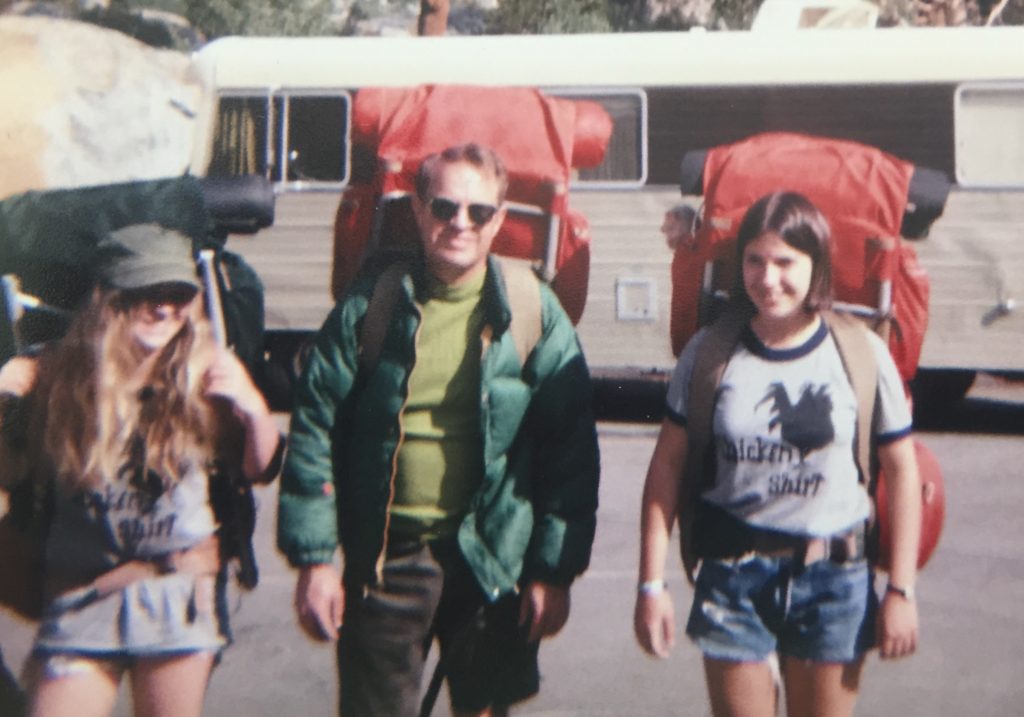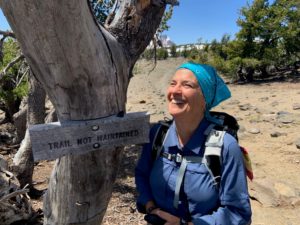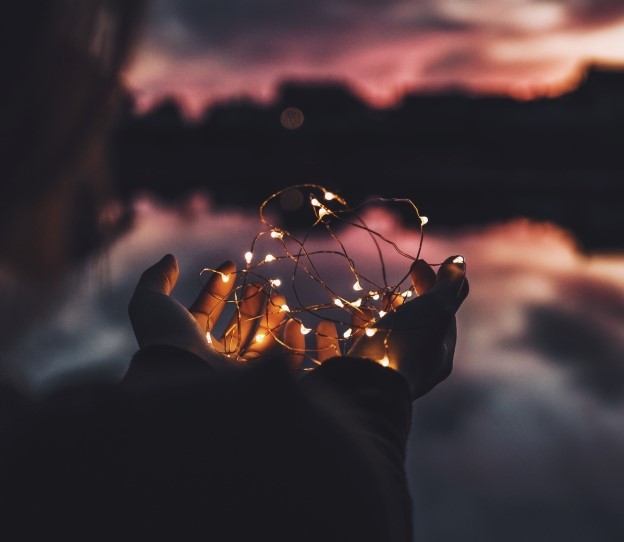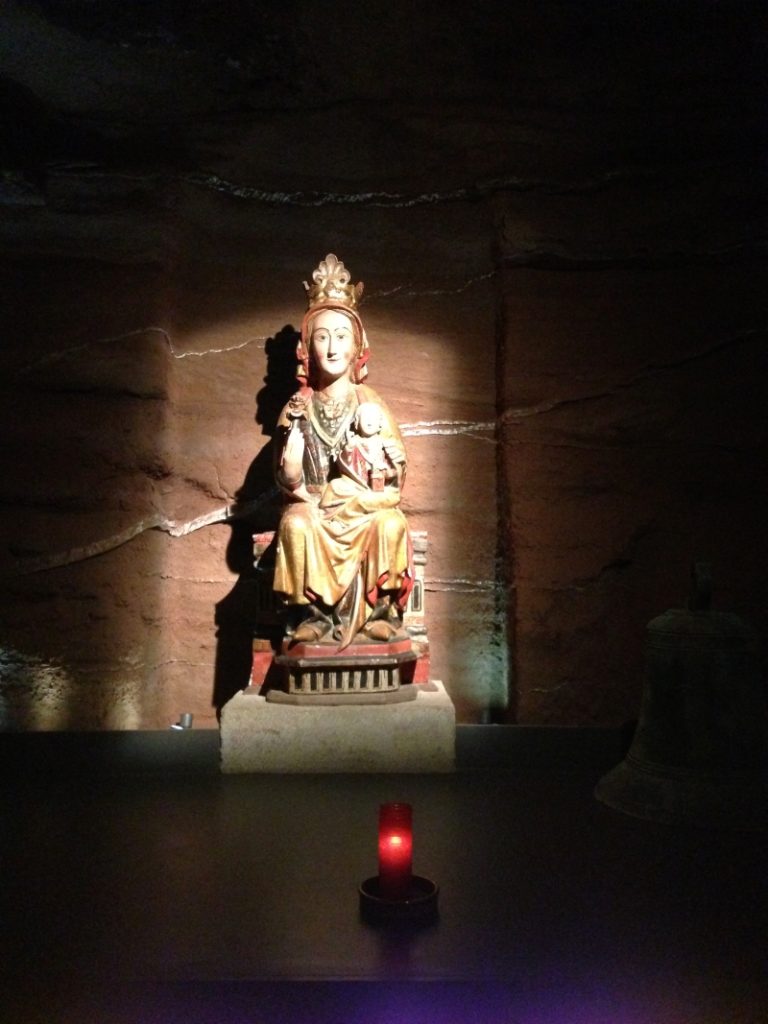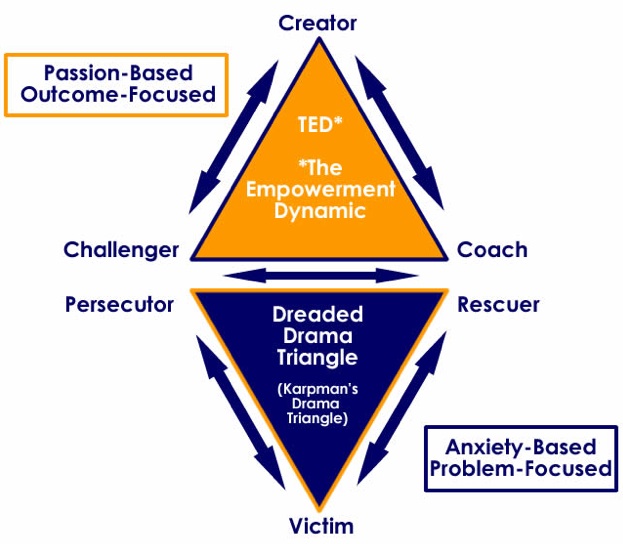
In every situation you encounter, you choose to behave as either a victim or a creator. Which orientation you’re operating out of makes all the difference in how your life feels and looks, and the impact you have on the world around you. Once you see this difference, you can consciously choose to act from a place of empowerment. This is the basic idea of David Emerald’s TED: The Empowerment Dynamic, a cheesy yet profound book. I’m finding this concept mind-blowing and incredibly helpful.
Like many of you, I’ve known about the Drama Triangle—composed of victim, persecutor, and rescuer—for decades. But the antidote to it, the “Empowerment Triangle,” is a new idea for me.
I feel like I’ve discovered the secret of life, the Rosetta Stone, the key to personal and organizational growth and health.
Most of us, most of the time, are living as victims. This is completely understandable. Our culture is a victim culture. We’re taught victimhood from our cradles. We’re steeped in it. We swim in it like water. We’re mostly unaware that we’re approaching our life and our choices as victims. This Drama Triangle feels completely natural.
An alternative triangle, what Emerald calls the “Empowerment Dynamic,” is composed of a creator, a challenger, and a coach. To grow up is to become aware of where we’re living as victims and to choose to take on the creator role. To grow up is to see that we’re always making a choice. This is scary as hell, sure, but it’s also why we’re here.
When we behave as victims, we approach our life as a series of problems to be solved. Viewing life as a problem creates anxiety, which causes us to act in ways that reduce the anxiety but almost certainly don’t solve the problem. And the cycle starts all over again. Not much changes.
Creators, on the other hand, develop clarity on what they want to see happen in a particular area of concern. Clarity leads to passion and motivation, which creators then harness to move toward their desired outcome or vision. Creators change themselves and thereby the world, if they choose to.
When you’re feeling frustrated, stuck, and powerless, you’re in victim mode. When you blame others for your feelings and criticize yourself and them, you’re in victim mode. When nothing changes and you really wish it would, you’re in victim mode. When other people aren’t doing what they should and you’re sick and tired of it, you’re in victim mode.
Conversely, when you’re energized, focused, and open to surprise, when you’re making choices that move you toward what you want to see happen, when your boundaries are firm and you’re in charge of your time, you’re acting as a creator.
How do you make the shift from victim to creator? Realize that you’re always, always, always making a choice. Even if you’re truly a prisoner and you can’t actually make decisions about your actions, you’re still in charge of your thoughts, and thereby your feelings.
If Holocaust survivor Viktor Frankl can be responsible for his attitude while imprisoned in a Nazi concentration camp, we can learn to be responsible for ours. Frankl famously said, “Everything can be taken from a man but one thing: the last of the human freedoms—to choose one’s attitude in any given set of circumstances, to choose one’s own way.”
If you’re curious about how this shift feels, you could choose to try this exercise:
- Bring to mind an area of your life where you feel stuck, frustrated, and powerless to change the situation. This might be your marriage, your job, your aging body, COVID, or political polarization in the US. (Many of my clients feel the most frustration with their marriage.)
- What do you see as the problem? (For many of my clients, their perceived problem is that they crave growth and change, and their husbands or wives seem to want to stay the same. This disparity causes my clients to feel afraid that if they choose to change and grow, their marriage will end.)
- In this scenario, who’s the victim? Who’s the persecutor? Who do you expect to rescue you? Do these roles seem to change?
- Now, ask yourself what you want to happen. What’s your vision for this area of your life? What’s the outcome you desire? Take time to get as clear as you can. Your clarity will be your motivation.
- What’s one tiny step you can take in the direction of your desired outcome or vision? If it’s doable right now, go do it. I’ll wait. If it’s truly not, make a plan to take that step.
- Check in with your body. How do you feel now? Do you still feel stuck and frustrated? Or do you feel more energized, compassionate, and empowered?
- If you’re feeling more open and enthusiastic, pat yourself on the back! You’re making the shift from victim to creator.
- If not, please know that’s okay. This work may be simple, but it’s often not easy. Celebrate your new awareness and give yourself compassion. There are many reasons, some of them very good reasons, why we choose not to change.
Questions? Want to go deeper? Contact me to schedule a free no-obligation conversation. I’d love to talk!
Photo credit: Wikimedia Commons

